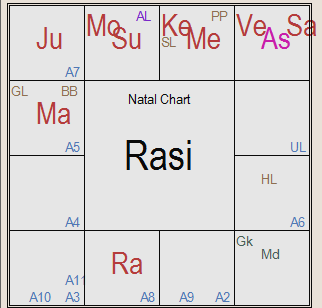Wallet colors Tips:-
Black is the most common and popular color and you got it right! Black represent wealth and prosperity. If you are looking for advancement in career or soar in your business, black is the color to go for.
Blue symbolize money will be drained just like water (attract splurging) and it is hard to accumulate wealth, so the colour is not recommended.
Red represent fire and it is not advisable for wallet colour because it will burn away your wealth luck.
If you want to increase savings or has the habit of spending too much money, Brown color may help you to save money.
Pink colour is more suitable for ladies who are looking for the other half as it increase love and relationship luck. If you are looking for increasing wealth, do not use this colour
Green represents growth and life. In home Feng Shui, you will add green plant to help increase the positive flow of energy in your space, a green wallet will help to increase income opportunity. It is especially suitable for entrepreneurs to welcome business idea and opportunities.
Normal light yellow color wallet may often attract money, but it will be often in and out. Money flows well but spending a lot of money as well.
To resolve the above situation, you might consider mustard yellow or pastel yellow for wallet/purse.
If you want to save money, choose mustard yellow and if you someone who want to increase wealth luck you can choose pastel yellow instead.

